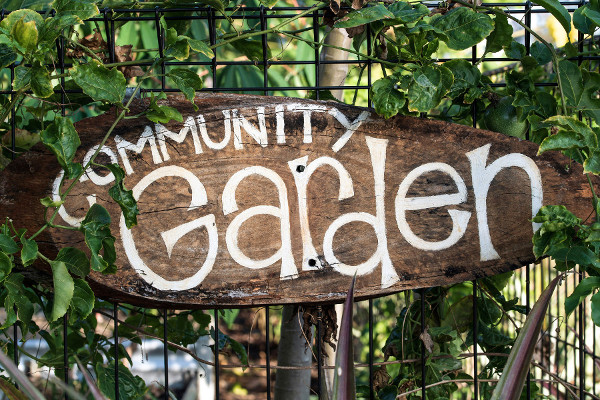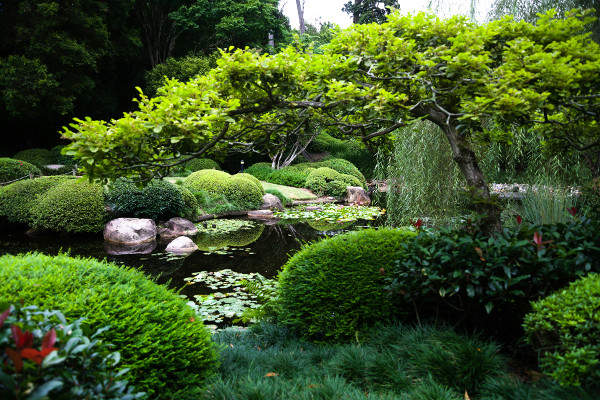How to Start Your Own Outdoor Garden, Container Garden or Balcony Garden – Expert Tips & Advice
Starting your own outdoor garden, container garden, or balcony garden can be a rewarding and fulfilling experience, even if you're a complete beginner. Whether you're working with a small balcony or a spacious backyard, the right guidance can help you grow thriving plants in any space. From selecting the best plants to managing sunlight, water, and pests, this guide answers the most common gardening questions to help you create your perfect green space. Let’s get growing, one step at a time!
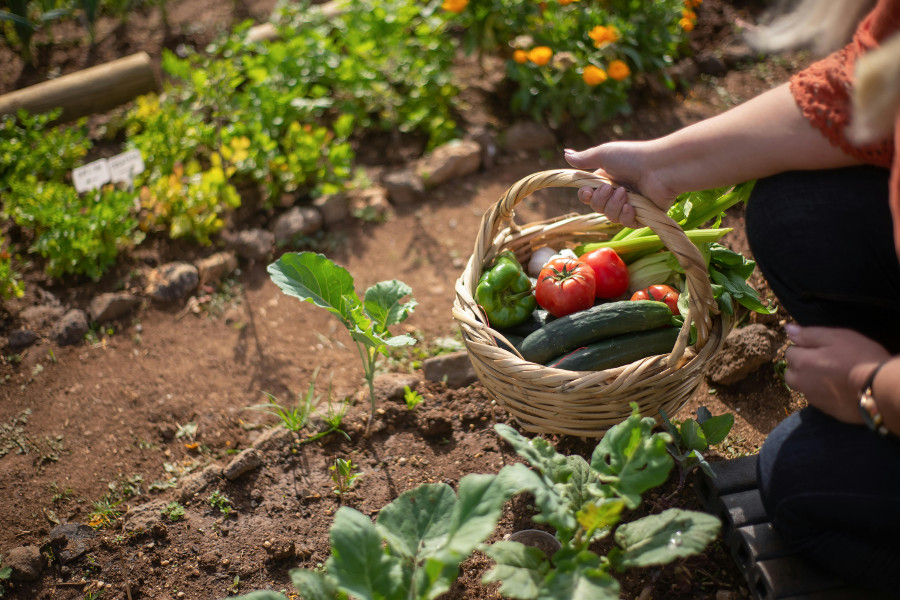
What are the main benefits of starting your own garden?
Starting your own garden, whether it’s an outdoor, balcony, or container garden, offers countless benefits beyond just growing plants. It allows you to connect with nature and experience the joy of nurturing something from seed to harvest. Gardening can be incredibly therapeutic, helping to reduce stress and boost mental well-being. You also get the satisfaction of enjoying fresh, homegrown produce right at your doorstep – no need for expensive, store-bought veggies. Plus, it’s an eco-friendly hobby that contributes to a greener planet by supporting local biodiversity. With a little effort, you’ll create a beautiful space that not only enhances your environment but also improves your overall quality of life. So, whether you’re looking to grow your own food or simply enjoy the beauty of flowers, gardening brings a sense of accomplishment and peace.
How do I start an outdoor garden from scratch?
Starting an outdoor garden is a journey that begins with a little preparation and a lot of patience. You don’t need a huge backyard to begin; just find a spot that gets ample sunlight and is free from weeds and debris. Next, choose what you want to grow – be it vegetables, flowers, or herbs. With a little research, you’ll discover what thrives in your region. Add some organic compost to enrich the soil and start planting. From there, all it takes is consistent watering and occasional pruning. It’s a rhythm. Don’t rush – let the garden grow with you, and you'll start to see the magic unfold.
Here are some of the most popular forums about gardening:
- GardenWeb (Hournoopener noreferrerzz Forums)
- Reddit – r/gardening
- Gardeners Corner
- Gardening Forums
- Permies
What are the best plants for container gardening?
Container gardening offers an opportunity to grow just about anything, even if you’re short on space. For easy success, start with herbs like basil, rosemary, and thyme, which thrive in pots. Vegetables like tomatoes, peppers, and leafy greens also do well in containers, as long as the pots are large enough. Flowers such as marigolds, petunias, and geraniums bring color to your setup, while dwarf fruit trees can turn your container garden into a mini orchard. Choose plants suited to your climate, and make sure your containers have proper drainage, because the key to success here is healthy roots, and that means good airflow.
Can I grow a garden on a balcony?
Yes, absolutely! A balcony can be the perfect spot for a garden, even if space is limited. With a little creativity, you can transform your balcony into a lush oasis. The trick is choosing plants that match the amount of sunlight your space receives. For a sun-soaked balcony, go for tomatoes, peppers, or sunflowers. If your balcony is shadier, herbs, lettuce, and spinach thrive in lower light. Use containers, hanging planters, or vertical gardens to maximize the space. Don’t forget to check your balcony’s weight limit, but with the right plants and some careful planning, your balcony garden can be a real gem.
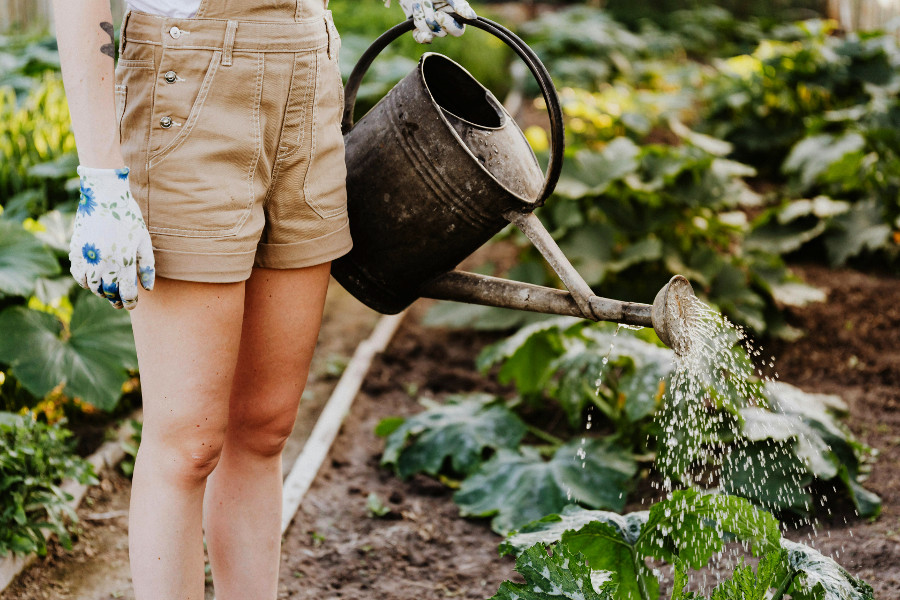
How do I choose the right containers for gardening?
Choosing the right container is like picking the perfect home for your plants. The container needs to be large enough to allow roots to grow but not so big that it holds too much water, leading to root rot. Think about materials, too – plastic is lightweight and retains moisture, while terracotta provides excellent airflow but tends to dry out faster. Whatever you choose, make sure your container has drainage holes, because without those, your plants will drown. Also, keep in mind the aesthetic – you want a container that fits the vibe of your garden, adding beauty while being functional.
What vegetables can I grow in containers?
The beauty of container gardening is that you can grow almost anything in a pot. For beginners, tomatoes, peppers, and herbs like basil and parsley are great choices. Leafy greens such as spinach, lettuce, and kale also thrive in containers, making them perfect for small spaces. If you're feeling adventurous, you can try carrots or radishes – just make sure your container is deep enough for their roots. There’s something special about growing food in containers; it’s not just about the space you have, but how you make the most of it. And the best part? You get to harvest the rewards right at your doorstep.
How much sunlight do plants need for outdoor gardening?
Sunlight is the lifeblood of any garden, and understanding how much your plants need is key to success. Most plants need at least six to eight hours of sunlight each day to grow strong and healthy. Full-sun plants like tomatoes and sunflowers thrive in bright, direct sunlight, while others like leafy greens and herbs prefer a little shade. But don't worry – there’s always something that will work for your space. Observe your garden through the day to see where the sun hits and adjust your plant placement accordingly. When in doubt, plant according to light exposure – your garden will thank you for it.
How often should I water my container garden?
Watering a container garden can be a bit of a balancing act – too much, and your plants can drown; too little, and they’ll wither. A good rule of thumb is to water when the top inch of soil feels dry to the touch. In hot weather, containers tend to dry out faster, so you might need to water every day. Always ensure that your pots have proper drainage, because standing water at the bottom is a fast track to root rot. Keep an eye on your plants for signs of stress – wilting can mean they’re thirsty, while yellowing leaves might signal they’re overwatered.
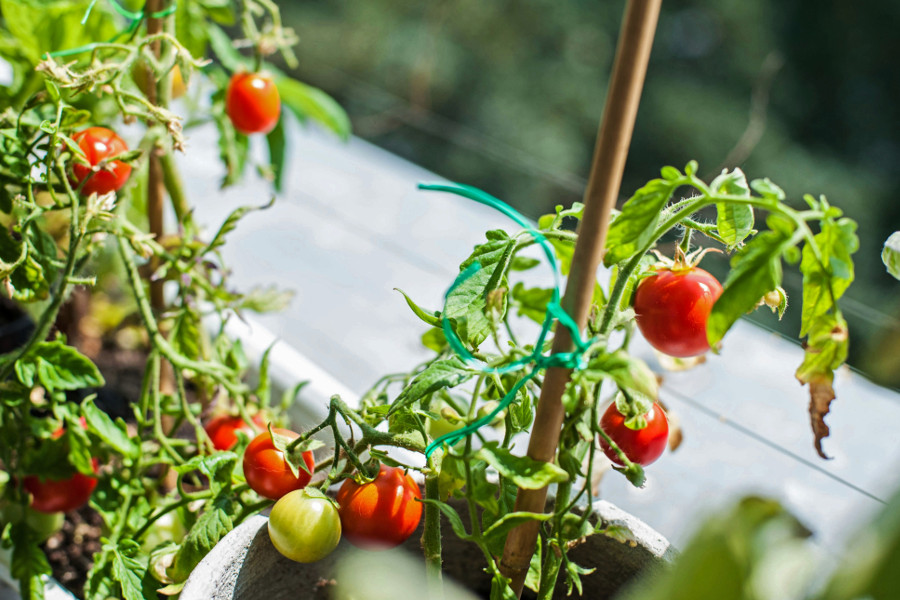
What soil is best for container gardening?
Soil is the foundation of your container garden, and it’s crucial to get it right. The best soil for containers is a well-draining potting mix, designed specifically for container gardening. It’s lighter and allows air to reach the roots. Unlike garden soil, which can become compacted in containers, potting soil gives your plants room to breathe. Many mixes come enriched with compost or slow-release fertilizers, making them a good choice for ensuring healthy growth. If you’re growing plants with specific soil needs – like acid-loving blueberries – consider special blends that cater to those needs. Healthy soil equals healthy plants, and that’s the goal.
How do I start a balcony garden with limited space?
Limited space? No problem! Balcony gardening is all about maximizing your space and getting creative. Start by using vertical gardening techniques – install shelves, use railing planters, or hang baskets from the ceiling to make the most of every inch. Compact plants like herbs, salad greens, and dwarf tomatoes are perfect for small areas. Think of your balcony as a little urban jungle, where every corner counts. You can also combine plants that grow well together, creating a harmonious, easy-to-manage space. A little organization and a lot of creativity can turn your balcony into a thriving garden, even with limited space.
Can I grow herbs on my balcony?
Herbs are one of the easiest and most rewarding plants to grow on a balcony, and they thrive in small spaces. Whether you have a sunny spot or partial shade, herbs like basil, thyme, mint, and oregano will adapt to your balcony’s conditions. You don’t need fancy pots – just ensure they have drainage holes and you’re good to go. Keep your herbs trimmed, and they’ll reward you with fresh flavors all season long. Plus, growing your own herbs means you’ll always have fresh ingredients on hand for cooking, making your balcony garden as practical as it is beautiful.
How do I take care of a container garden during the winter?
Winter presents a unique challenge for container gardens, but with a little care, your plants can survive the cold. First, consider moving your pots to a sheltered area, like near a wall or on a covered porch, where they’re protected from freezing winds. If you can’t move them, insulate the containers with materials like burlap or foam. Water sparingly during the winter – plants still need moisture, but they’re less active. For perennials, add a layer of mulch around the base to help protect the roots. If you’ve got herbs or cold-hardy veggies, like kale, they can brave the chill with a little extra attention.
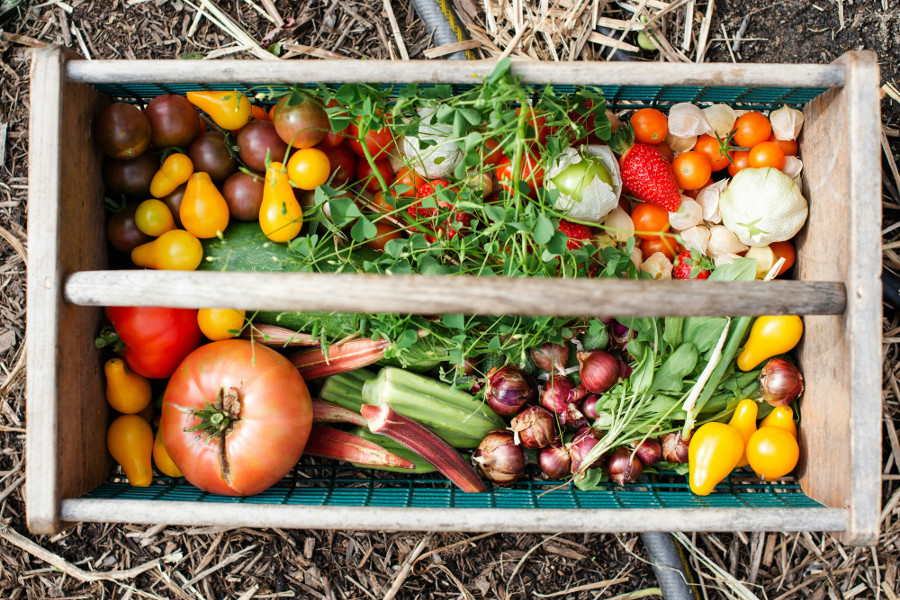
What are some tips for beginners starting an outdoor garden?
Starting an outdoor garden is a rewarding experience, but it’s best to begin with the basics. Don’t overwhelm yourself – start small and choose plants that are easy to grow. Herbs, marigolds, and tomatoes are great for beginners. Make sure your garden site gets enough sunlight, and enrich your soil with compost for a healthy foundation. Keep your tools simple – just the basics will do. Water your plants regularly, and watch for signs of pests or disease. The most important thing? Don’t rush. Gardening is a process of growth – both for you and your plants – and patience will be your best tool.
How do I grow a successful vegetable garden on my balcony?
Growing a vegetable garden on your balcony is all about choosing the right plants for your space and climate. Tomatoes, peppers, and leafy greens are perfect for container gardening. Ensure your balcony gets enough sunlight – vegetables need at least six hours a day. Select compact or dwarf vegetable varieties to make the most of the space. Don’t forget about watering – container gardens dry out faster, so keep a consistent watering schedule. Fertilizing regularly will help your plants stay healthy, and don’t be afraid to prune or harvest frequently. A little attention goes a long way, and soon enough, you’ll be enjoying your very own homegrown veggies.
How do I prevent pests in my outdoor or container garden?
Pest control is a balancing act – while you want to keep your plants safe, you also want to avoid harsh chemicals. Start by inspecting your plants regularly for any signs of trouble. Look for holes in leaves or sticky residue, which might indicate an infestation. Use natural repellents like neem oil or insecticidal soap to combat pests, or introduce beneficial insects like ladybugs to keep things in check. Companion planting is another clever strategy – certain plants naturally deter pests. Keeping your garden clean and removing dead leaves or spent plants can also help prevent pests from setting up shop in the first place.
What is the best time of year to start an outdoor garden?
The timing of your garden depends on where you live, but generally, spring is the ideal time to get started. It’s when the ground is warm enough for seeds to germinate, and the risk of frost is minimal. If you’re planting cool-season crops like peas, spinach, or lettuce, you can start earlier, even in late winter or early spring. Warm-season crops like tomatoes, beans, and peppers should wait until the danger of frost has passed, typically in late spring or early summer. Knowing your region’s last frost date is key to ensuring your plants have the best possible start.
Good luck with your adventure in gardening.

